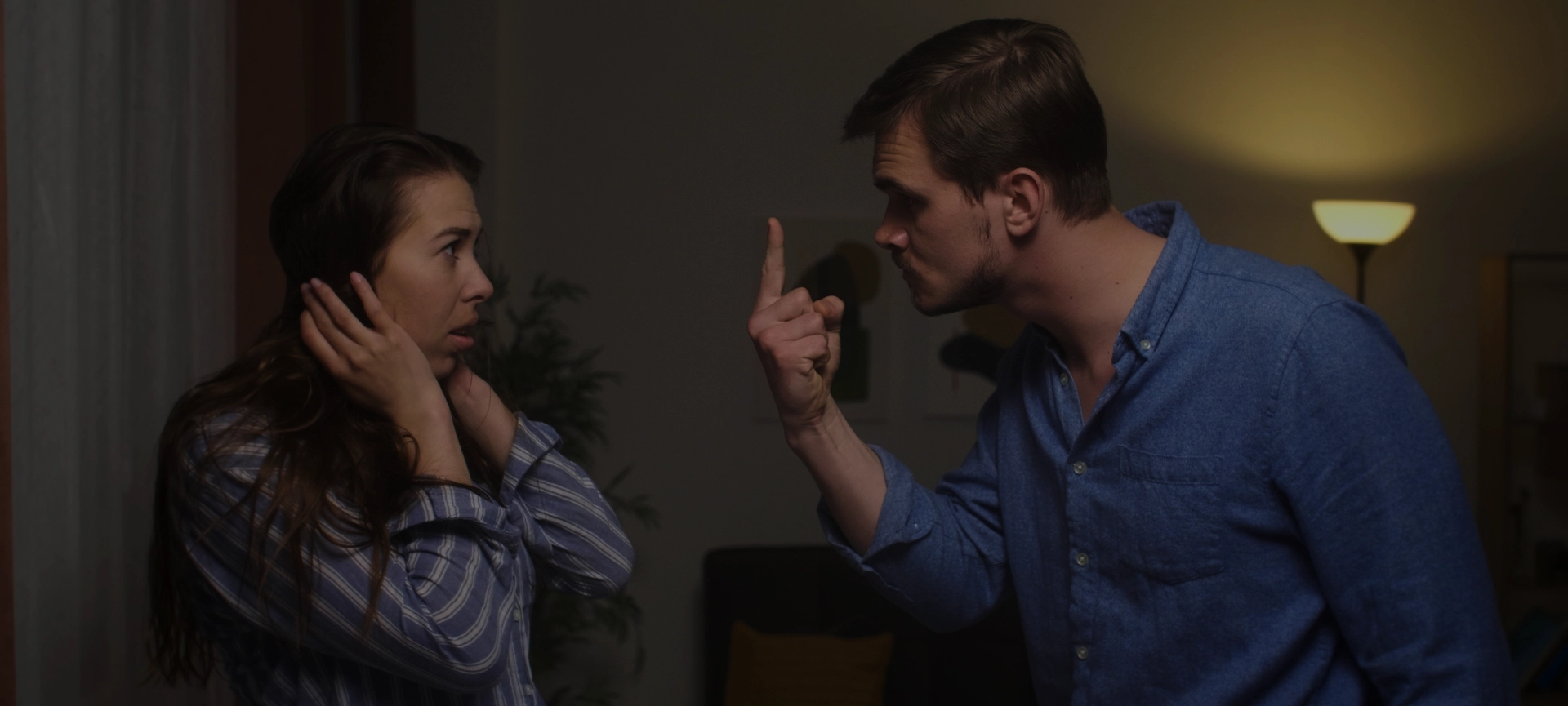Sexual assault trials are not for amateurs. There is simply too much at stake and the rules of evidence can be complicated. For example, at trial an accused is not able to ask the complainant any questions they want – there are special rules that can prevent relevant and probative questions from being asked.
But being able to ask the right questions can be the difference between an acquittal or a conviction.
This week the Supreme Court of Canada released a decision in the case of R.V. who had been convicted of assaulting a 15-year-old girl. The case confirms that, in some cases, defence counsel must be allowed to ask a complainant questions about their prior sexual history.
But there were also some troubling comments from Canada’s top court.
AGP partner Michael Spratt spoke to CBC Ottawa’s All in a Day about the case – both the good and the bad. Listen to the audio:
Here is the short version of what when down.
At trial, as part of the prosecution’s case, the Crown introduced evidence that the complainant had become pregnant after being sexual assaulted by R.V. She testified that she was not otherwise sexual active and did not have a boyfriend at the time. Not surprisingly, the Crown pointed to the pregnancy as powerful evidence corroborating the assault.
The defence wanted to ask two simple questions. They wanted to cross-examine the complainant that she did actually have a boyfriend and that her boyfriend was the cause of the pregnancy. The theory was that the complainant had engaged in sexual activity with her boyfriend, was afraid of the potential repercussions once her family found out she was pregnant, and so she fabricated the story about the assault.
But, the defence was not permitted to ask those questions and R.V. was found guilty.
The Ontario Court of Appeal found that stopping the defence lawyers from asking those questions was wrong and ordered a new trial. The Crown appealed that decision to the Supreme Court.
The Supreme Court of Canada agreed that the accused’s proposed topics of cross-examination were completely appropriate. But they did not order a new trial – a majority of the court ruled that those questions would not have changed anything. Instead of ordering a new trial they convicted R.V.
While it is good the the Supreme Court affirmed that the questions about the pregnancy should have been allowed it is concerning they did not ordered a new trial.
Any good defence lawyer will tell you that cross-examination matters. Witnesses can lie. Witnesses often have inaccurate memories. Witnesses can and do spin their evidence.
A good cross-examination can reveal these problems and make the difference between a guilty verdict or a full acquittal.
It is concerning that the Supreme Court, after finding relevant and probative questions were improperly denied, decided to discount the difference that cross-examination can make in a case.
This is why it is so important to get it right at trial. And that is where we come in.
If you have been charged with a crime in Ottawa or anywhere in Eastern Ontario give us a call. And for the right case we will appear anywhere in Ontario. Initial consultations are confidential and always free.



